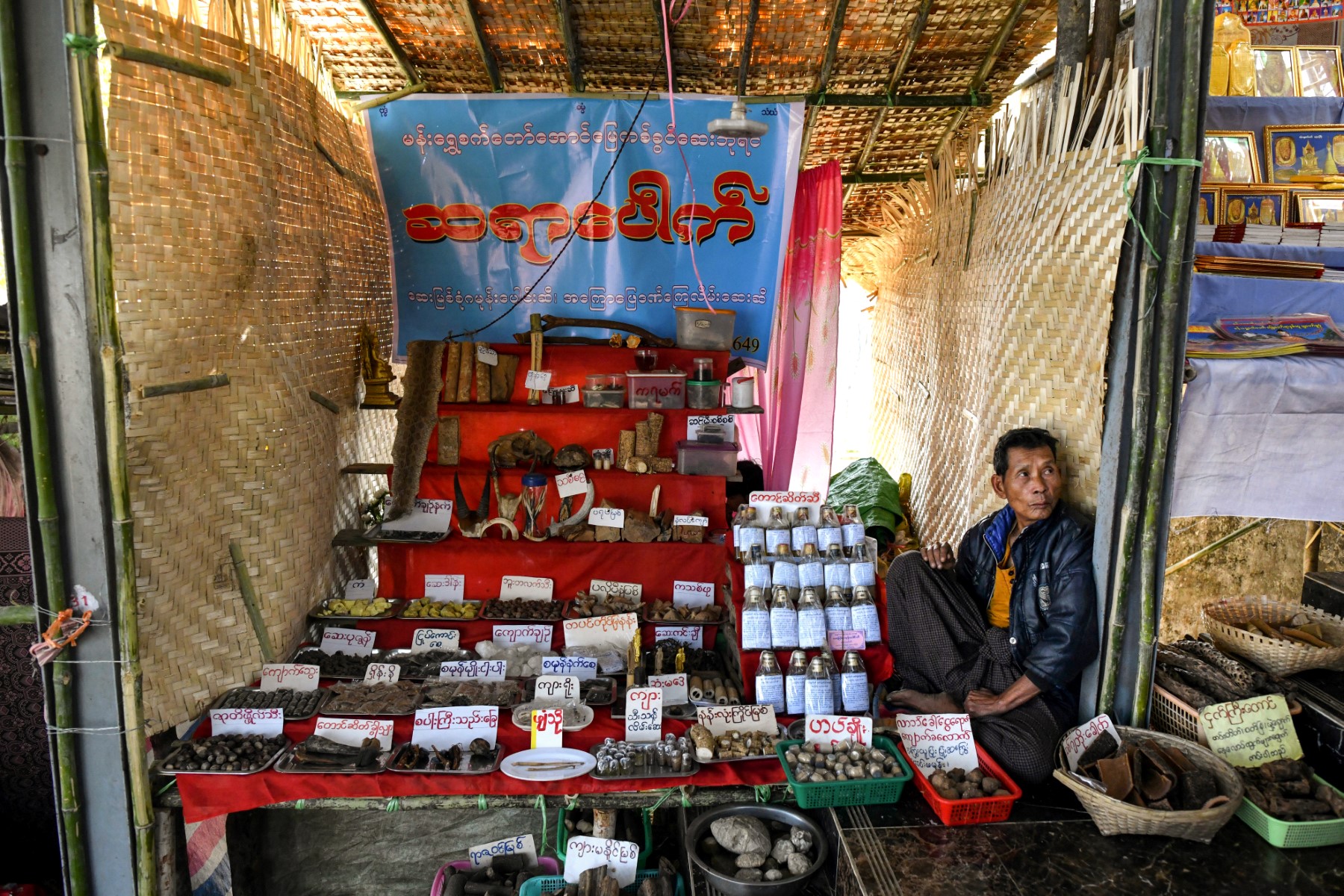Geneva, Switzerland — The World Health Organization (WHO) is convening the Traditional Medicine Global Summit on 17-18 Aug 2023 in Gandhinagar, Gujarat, India.
Co-hosted by the Government of India, the Summit will explore the role of traditional, complementary, and integrative medicine in addressing pressing health challenges and driving progress in global health and sustainable development.
High-level participants will include the WHO Director-General and Regional Directors, G20 health ministers and high-level invitees from countries across WHO’s six regions. Scientists, practitioners of traditional medicine, health workers and members of the civil society organizations will also take part.
The Summit will explore ways to scale up scientific advances and realize the potential of evidence-based knowledge in the use of traditional medicine for people’s health and well-being around the world.
Scientists and other experts will lead technical discussions on research, evidence and learning; policy, data and regulation; innovation and digital health; and biodiversity, equity and Indigenous knowledge.
“Traditional medicine can play an important and catalytic role in achieving the goal of universal health coverage and meeting global health-related targets that were off-track even before the disruption caused by the COVID-19 pandemic,” said Dr Tedros Adhanom Ghebreyesus, WHO Director-General.
“Bringing traditional medicine into the mainstream of health care — appropriately, effectively, and above all, safely based on the latest scientific evidence — can help bridge access gaps for millions of people around the world. It would be an important step toward people-centered and holistic approaches to health and well-being.”
Heads of State and government at the 2019 UN high-level meeting on universal health coverage acknowledged the need to include evidence-based traditional and complementary medicine services particularly in primary health care, a cornerstone of health systems, in pursuit of health for all.








